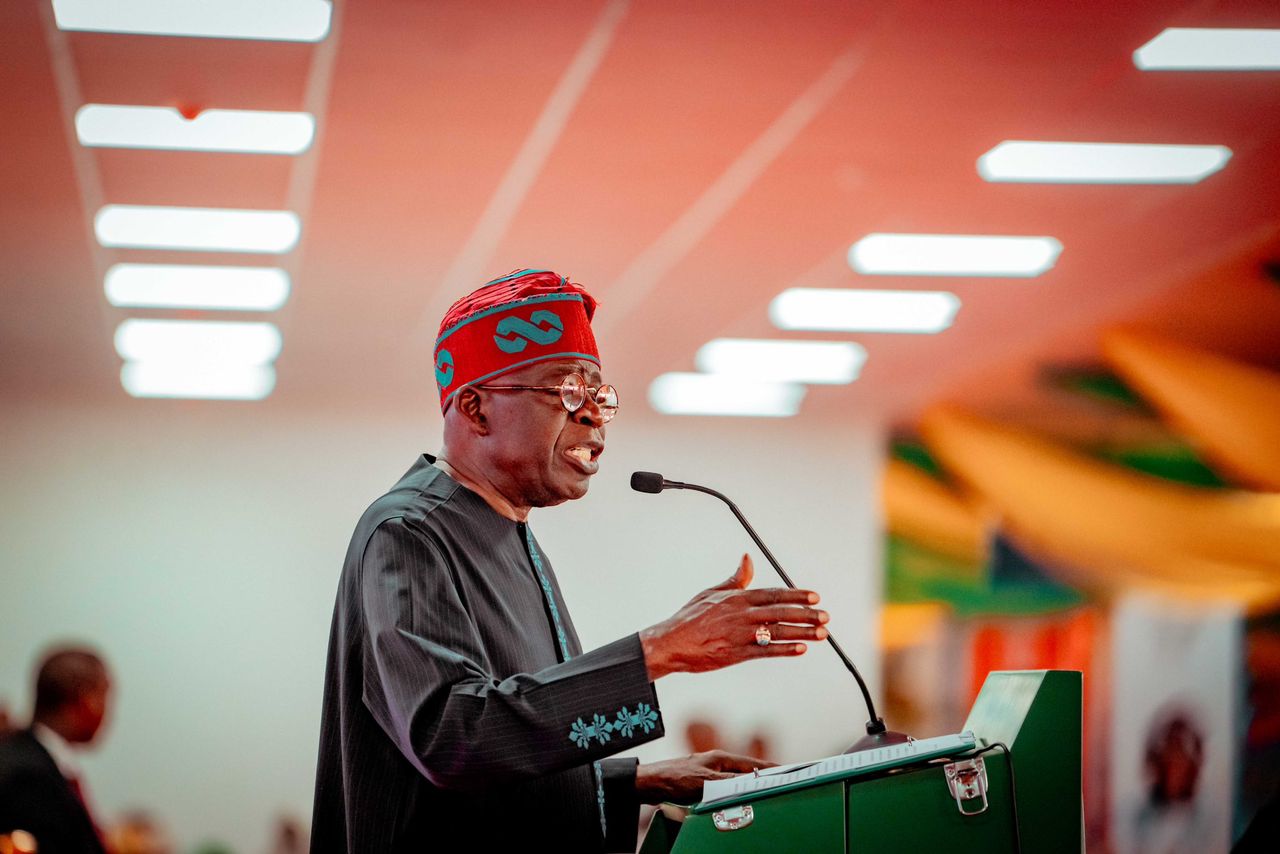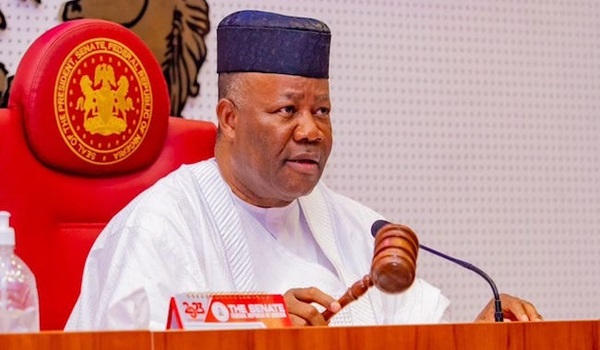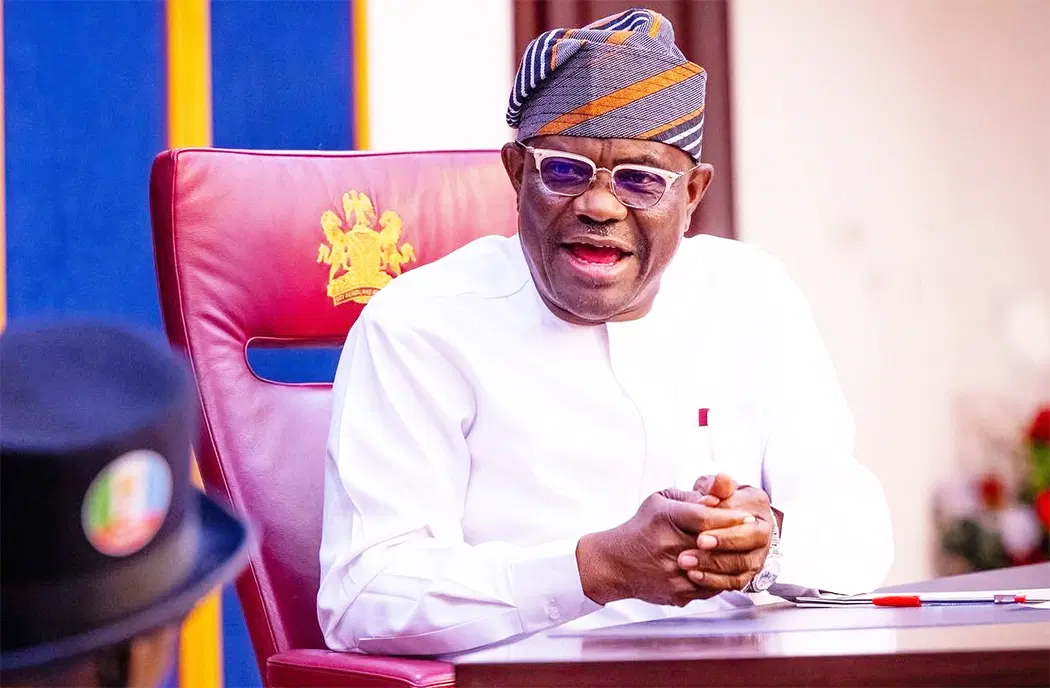Chief Akin Osuntokun, 63, former political adviser to President Olusegun Obasanjo, ex-director of the PDP presidential campaign in 2011, and most recently director-general of the Obi-Datti Presidential Campaign Council in 2023, has warned that without a united opposition, President Bola Tinubu is poised for re-election in 2027. Speaking in a wide-ranging interview, Osuntokun described Nigeria’s current political climate as a slide towards a one-party dictatorship, driven by rampant defections and the over-centralisation of presidential power.
According to him, Nigeria’s politics operates on a “zero-sum” basis, where the winner takes all, encouraging patronage over productivity and reducing parties to mere vehicles for winning elections. He argued that defections across party lines reflect not just political opportunism but also a loss of confidence in the integrity of the electoral body and judiciary, forcing many to seek the president’s favour for political survival. This dynamic, he said, turns the presidency into a magnet for “economic supplicants” and fuels a desperate, destabilising scramble for power.
Addressing the Labour Party crisis, Osuntokun asserted that without Peter Obi, the party has no real viability, and Obi’s chances in 2027 depend on a united opposition front. If opposition parties rally behind a single candidate, Tinubu could be unseated — but he cast doubt on the president’s willingness to accept defeat. He likened Nigeria’s current socio-economic policies to a “cure worse than the disease,” with deregulation and forex floating deepening hardship for ordinary citizens while the elite indulge in “criminal opulence.”
Osuntokun warned that systemic failure links insecurity, economic collapse, and infrastructure decay, making isolated solutions ineffective. He criticised the prioritisation of mega projects like the $13 billion Lagos-Calabar coastal highway over urgent national needs, and noted persistent speculation of large-scale corruption. On security, he praised National Security Adviser Nuhu Ribadu’s efforts but stressed that decentralising the security architecture is essential for meaningful progress.
He described Nigeria as being at a tipping point, with corruption normalised, social unrest simmering, and political elites resistant to constitutional reform. Drawing a contrast between Goodluck Jonathan’s graceful concession in 2015 and Tinubu’s hard-fought rise to power, he warned that only a new constitution or a drastic “shock therapy” could halt the nation’s downward spiral. Without peaceful reform, he cautioned, Nigeria risks violent upheaval, echoing John F. Kennedy’s warning that those who make peaceful change impossible make violent change inevitable.
In his closing assessment, Osuntokun said Tinubu should be the “last bus stop” on Nigeria’s nightmarish political journey — but only if the opposition can overcome deep divisions to mount a credible, united challenge in 2027.




